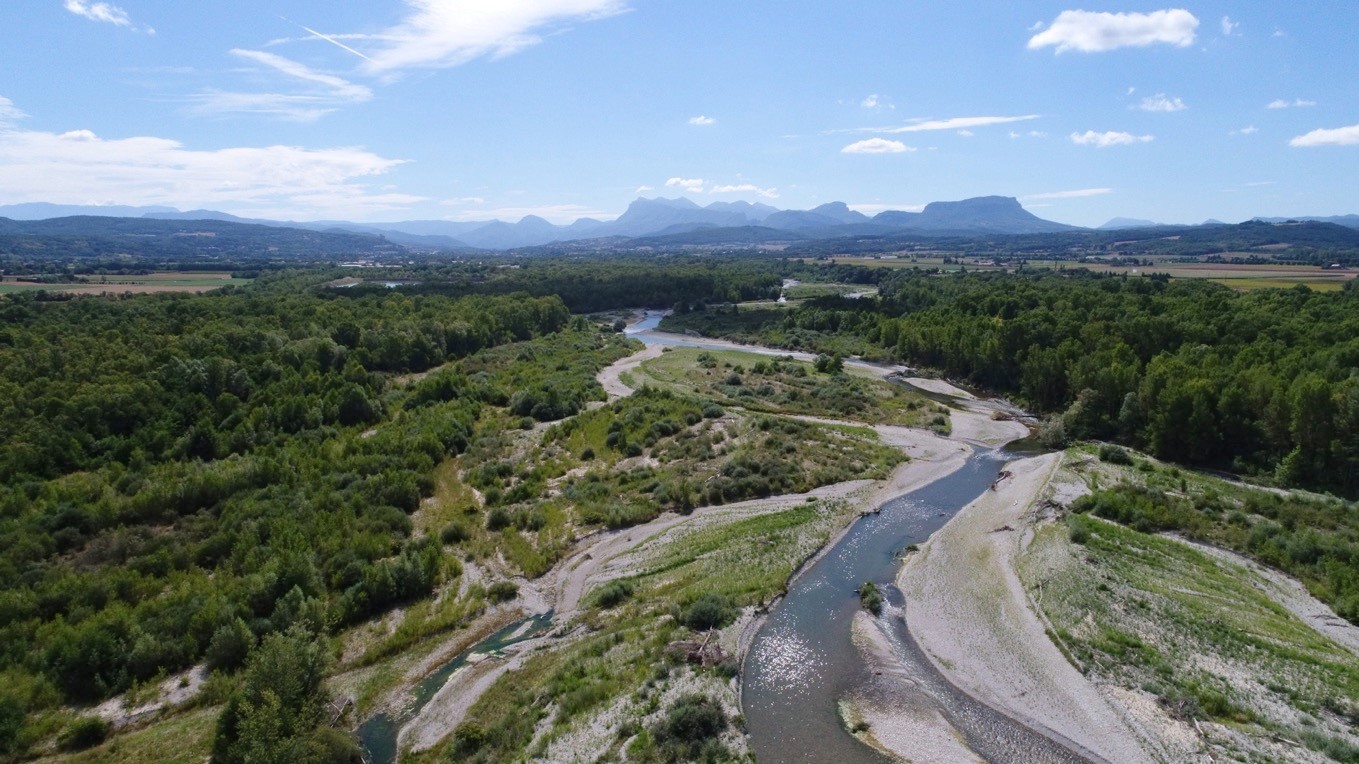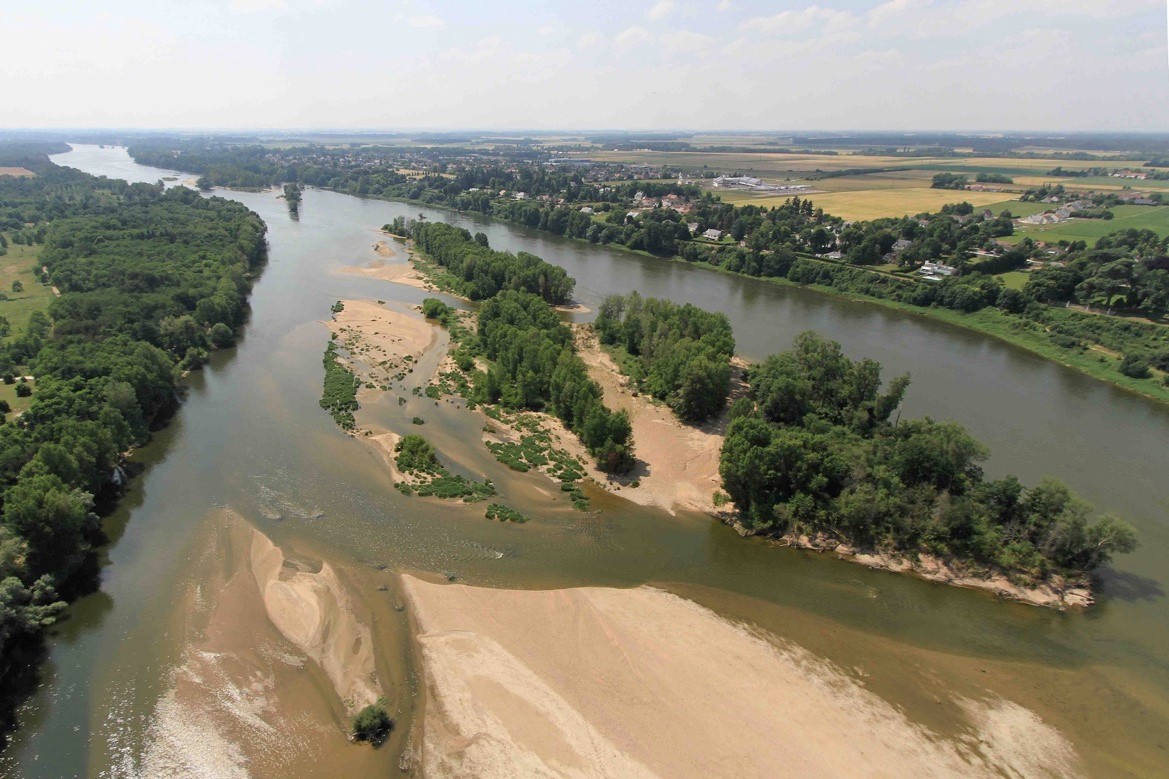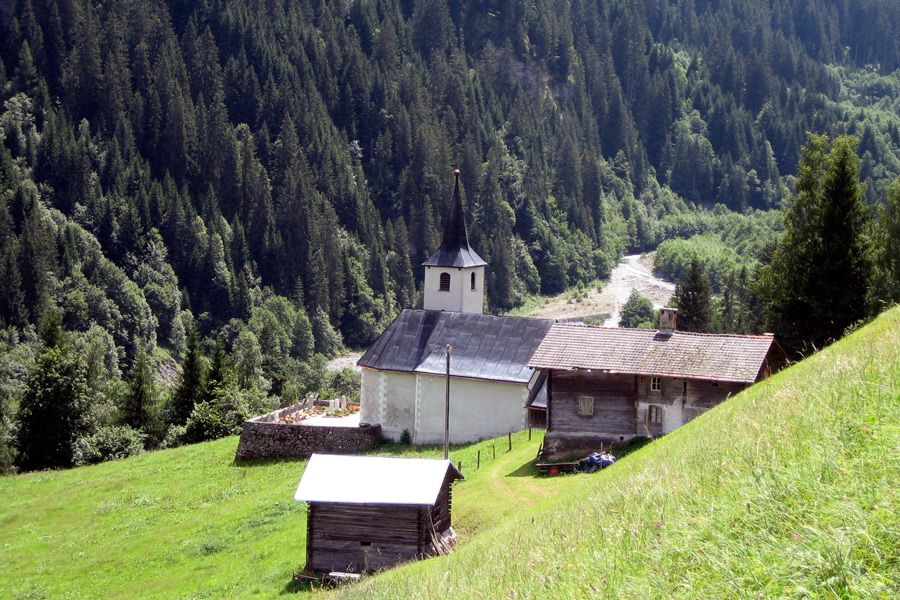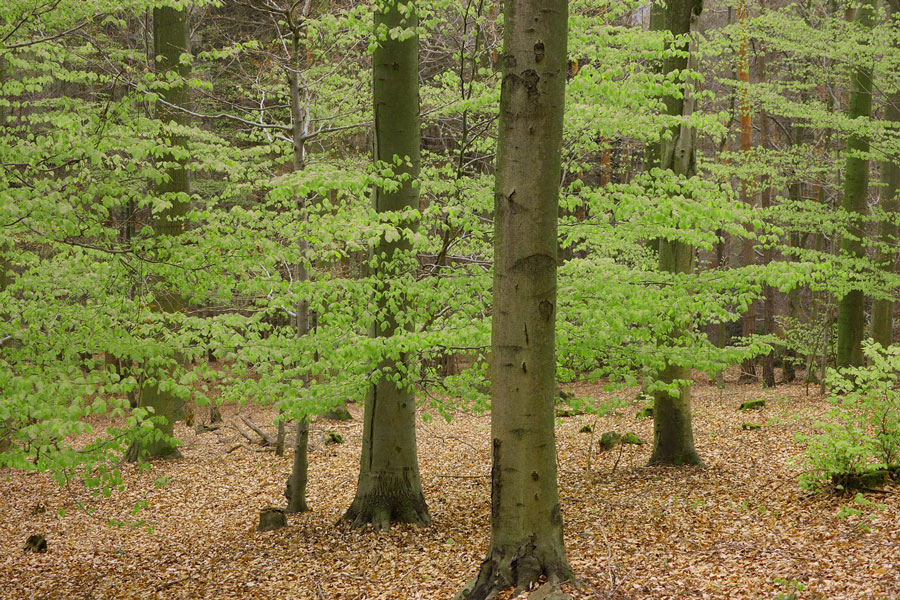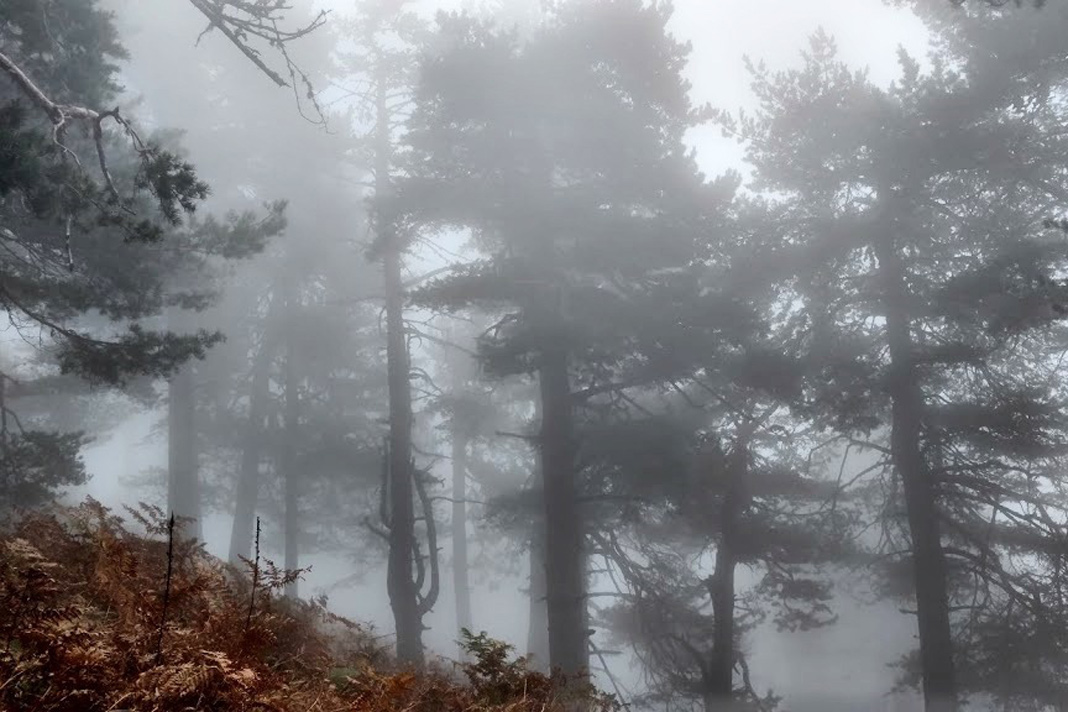Native black poplars now available from commercial nurseries in France
Black poplar (Populus nigra) is a fast-growing tree, native to Europe, that does well in the relatively wet ground beside river banks. Recently, thanks to work by French scientists, new varieties of black poplar have become available through commercial nurseries. These selections will help to ensure that poplars used in river restorations and local landscapes will be more adaptable and suited to their environment.
Before 2009, only one variety of black poplar was widely available. This was the Lombardy black poplar. It grows tall and upright, which makes it useful as a windbreak and as a feature in the landscape. It is also a male-only clone – poplars have male and female flowers on separate trees. The male trees don’t produce seeds which means that they do not litter the landscape with clouds of fluff as female trees do. While that makes it popular with landscape designers, the fact that all Lombardy black poplars are essentially genetically identical makes them vulnerable to pests and diseases and also means that they do not comply with regulations that promote diversity of local genetic resources in the six main river basins of France.
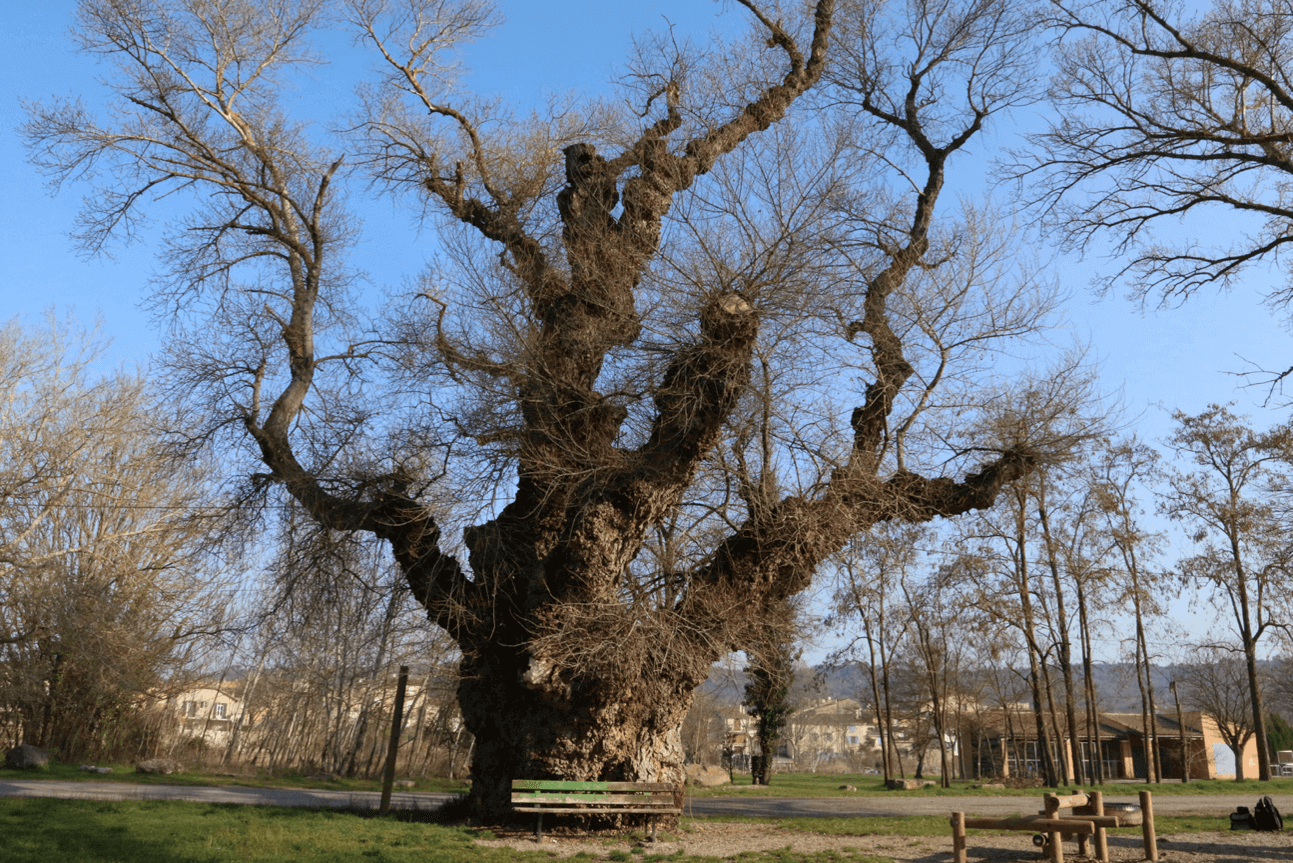
Starting in 1993, the French national programme for the conservation of genetic resources began gathering detailed data on the diversity of many species, including black poplars from the main river basins. A team of scientists from INRA Orléans and ONF Guémené Penfao looked at these data and proposed the assembly of a multiclonal variety (MVC) for each basin. Each MVC is composed of 25 distinct genotypes that together capture most of the diversity of growth habit, seasonality, sex ratio and other important factors of the trees in each basin.
These MVCs, for the Loire, the Rhine, the Seine, the Garonne and the Upper and Lower Rhône, have been registered with French authorities. As registered varieties, they can be multiplied and distributed by private forestry nurseries in France, and are now available for wider distribution. They are an ecologically better alternative than Lombardy black poplars and other clones, especially when production of timber is not a priority.
Marc Villar, research director and head of the Populus nigra programme for the past 16 years, says “There is a new demand for the reintroduction of the native black poplar in our landscape. Requests are coming from different sources, such as Natural Parks and managers of forests along rivers.”
“There is still some advertisment to do,” Villar adds, “because this type of variety is a new concept. We are at the beginning, but I am very optimistic.”
